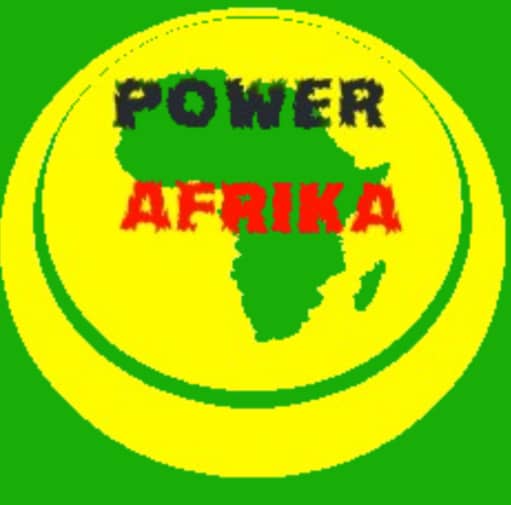
On April 11, 2025, NPR reported a deeply unsettling trend unfolding along Nigeria’s Lagos Lagoon: thousands of residents have been forcibly evicted over the past decade to clear space for luxury developments. Long-standing communities on the lagoon’s peninsulas and islands—once thriving, self-sustaining, and culturally rich—are now under siege. The Nigerian Navy, in collaboration with government forces, has escalated these evictions, frequently resorting to violence, all in pursuit of a modern urban vision that excludes the very people who built the city’s soul.
This wave of displacement not only destroys homes—it disrupts entire ecosystems of livelihood, tradition, and communal identity. The lagoon, which cradles Africa’s most populous city, has become a battleground between economic ambition and human dignity. Nigeria’s push for high-end real estate is raising urgent questions about the cost of progress, especially when it comes at the price of its most vulnerable citizens.
PowerAfrika’s Perspective
PowerAfrika stands resolutely with the displaced communities of the Lagos Lagoon. We believe that Africa’s path to progress must not be paved over the lives of its people. Modernization cannot mean marginalization.
What’s unfolding in Lagos is not an isolated event—it is a continent-wide pattern, echoing the systemic disregard we’ve called out in Ghana through our campaign to rename Kotoka International Airport. Whether in Accra or Lagos, the underlying narrative remains the same: the erasure of indigenous lives and legacy in pursuit of foreign-styled development. True growth uplifts; it does not erase.
We call on the Nigerian government to halt these evictions, initiate meaningful dialogue with affected residents, and embrace an inclusive model of urban planning—one that integrates local voices, honors cultural heritage, and ensures ecological sustainability.
Survival Amid Displacement: Tools of Quiet Resistance
For those enduring life on the edge—literally and figuratively—basic survival tools become symbols of dignity. Access to clean water is paramount; consider equipping communities with this affordable water pump to safeguard their health during displacement. As temporary shelters leave many exposed to the elements, mosquito repellents offer vital protection against disease.
Meanwhile, the ability to remain connected is resistance in itself. With solar-powered chargers, displaced families can keep their mobile devices powered—even in areas prone to blackouts—ensuring their voices remain heard.
To tell their stories without exposing their identities, Renderlion offers a powerful tool. AI-generated avatars can carry real voices to global platforms, shielding identities while revealing truth. These digital testimonies humanize the statistics and mobilize global empathy.
For those working on systemic transformation, the MBL course provides a transformative approach to leadership, marrying emotional intelligence with ethical enterprise. We recommend it for policymakers and advocates seeking a deeper understanding of leadership rooted in compassion and sustainability.
Little Known Facts: What’s at Stake in Lagos Lagoon
Beneath the surface of this story lies a cultural and ecological treasure that is fast disappearing. Here are little-known truths that underscore what Nigeria—and Africa—stands to lose:
Ancestral Waters: The Lagos Lagoon has long been home to the Egun people, a vibrant ethnic group with a 500-year-old fishing tradition. Their stilt houses, constructed with ancestral ingenuity, are not just homes—they’re expressions of architectural heritage.
Endemic Biodiversity: The lagoon hosts over 50 fish species, including the Lagos tilapia, a species unique to this ecosystem. Unchecked development places this delicate aquatic biodiversity at dire risk.
Barter Economies: Despite being adjacent to Nigeria’s economic nerve center, lagoon communities have preserved pre-colonial trade systems—bartering fish for goods in a model of hyperlocal, sustainable economy.
This isn’t just about homes lost—it’s about entire lifeways erased, languages silenced, and knowledge systems devalued. The lagoon isn’t just water—it’s memory, culture, and economy flowing in tandem.
Join the Movement
At PowerAfrika, we believe Africa’s future must honor its past. These evictions, though framed as progress, represent a grave injustice that demands a collective response. If you stand for justice, preservation, and truly African development, then stand with us.
➡️ Support our petition: Rename Kotoka International Airport
📢 Amplify this story using your platform, and encourage dialogue around ethical development in Africa.
🛠️ Equip displaced communities with tools that safeguard health and voice:
